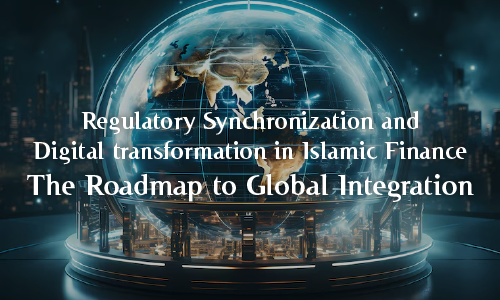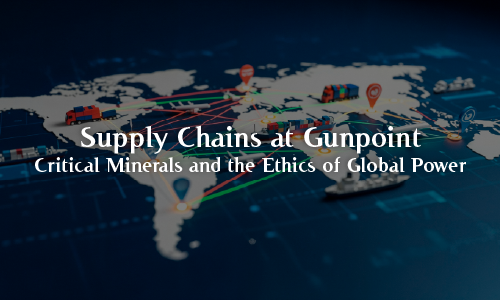
Summary: The meteoric rise of Islamic finance, with projected assets surging to USD 12.5 trillion by 2033, underscores the sector’s potential as a formidable global financial pillar. Yet, regulatory fragmentation and inconsistent Shariah interpretations remain critical impediments to seamless cross-border integration. This paper examines the dual forces shaping the industry – regulatory challenges and digital transformation – focusing on AAOIFI Shariah Standard No. 62 and the proliferation of fintech solutions in Muslim-majority markets. The analysis highlights the need for regulatory harmonization to mitigate market fragmentation and foster global investor confidence. Additionally, the transformative impact of fintech is explored as a lever for financial inclusion, particularly in underbanked regions. By addressing these regulatory and technological dimensions, the Islamic finance sector can solidify its global footprint while adhering to its ethical foundations.
Introduction
Islamic finance, once a niche segment, is rapidly emerging as a mainstream component of the global financial landscape, with asset projections set to reach USD 12.5 trillion by 2033. However, the path to widespread acceptance and integration is fraught with regulatory and structural challenges. Unlike conventional finance, which is underpinned by universally accepted frameworks such as Basel and IFRS, Islamic finance is characterized by diverse regulatory standards and varying interpretations of Shariah principles. This divergence has led to market fragmentation, complicating cross-border transactions and raising compliance costs.
Furthermore, the introduction of AAOIFI Shariah Standard No. 62 exemplifies the industry’s efforts to align sukuk structures with more stringent asset-based frameworks, yet it simultaneously poses significant transition challenges for issuers and investors accustomed to conventional bond-like structures. Concurrently, the rise of digital platforms and fintech solutions offers a compelling avenue for expanding financial inclusion in Muslim-majority markets, particularly among the unbanked. These digital advancements not only democratize access to financial services but also present an opportunity to standardize processes and enhance regulatory oversight.
This paper explores these dual dynamics – regulatory fragmentation and digital transformation – within the context of Islamic finance, underscoring the urgent need…

















